Plumber wins workers' rights battle against Pimlico Plumbers
- Published
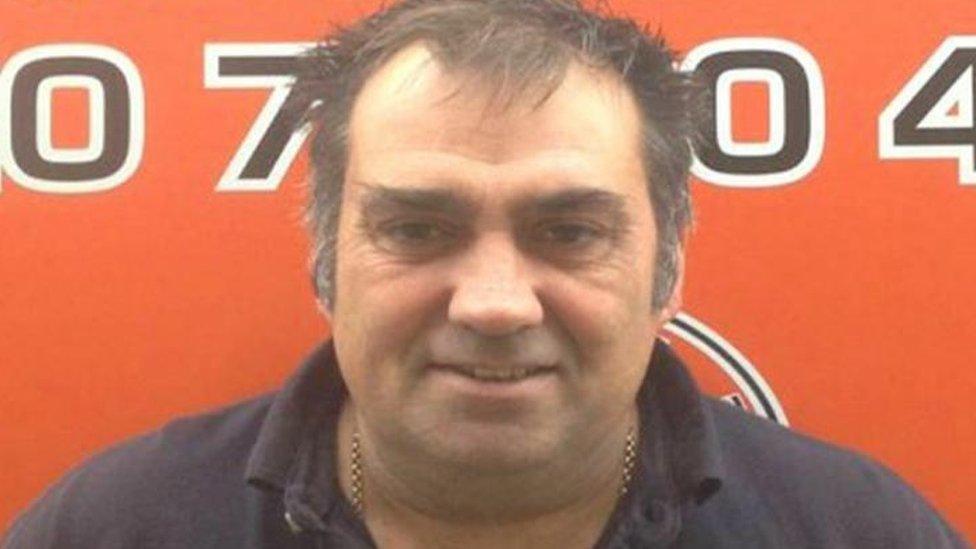
Gary Smith argued he was entitled to basic workers' rights
A plumber has won a legal battle for working rights in the latest significant court ruling over freelance operations in the modern workplace.
Gary Smith wanted to reduce his working days at Pimlico Plumbers following a heart attack.
The Court of Appeal agreed with a tribunal that said he was entitled to basic workers' rights although he was technically self-employed.
The decision, external is the latest to side with workers in a flexible workforce.
This is the highest court to consider such a case and the ruling will now be closely read by others with similar disputes, many of whom will work for businesses in the so-called "gig" economy such as Uber drivers.
Pimlico Plumbers boss Charlie Mullins on losing legal case
The case is about the distinction between Mr Smith's status as either a self-employed contractor or a worker for the company.
He was VAT-registered, and paying tax on a self-employed basis, but worked solely for Pimlico Plumbers for six years.
After he suffered a heart attack in 2010, Mr Smith, from Kent, wanted to cut the five-day week, which he had been signed up to work with the firm, to three.
However, the firm refused and took away his branded van, which he had hired. He claims he was dismissed.
He argued that he was entitled to basic workers' rights - which would include the national minimum wage and paid holiday and the ability to bring discrimination claims.
A previous employment tribunal found that the plumbers were workers - but not employees. The Court of Appeal has agreed with that decision, dismissing Pimlico Plumbers' appeal.
Being given the status as workers means that they would be entitled to more rights than would be the case if they were self-employed and taking on work on totally freelance basis.
'Watertight'
Charlie Mullins, the founder of London-based Pimlico Plumbers, said that plumbers were hired on the basis that they were self-employed, provided their own materials, and did not have workers' benefits, but were paid significantly more as a result. He said Mr Smith was paid £80,000.
After the ruling, Mr Mullins welcomed the clarity offered by the courts and said that he had already changed contracts with those who worked on a self-employed basis.
"Like our plumbing, now our contracts are watertight," he said.
He said the firm wanted Mr Smith to work for five days and that it was "a shame that we could not continue with his services".
Mr Mullins said he would be talking to his lawyers but it was likely that he would take the case to the Supreme Court.
Mr Smith's solicitor Jacqueline McGuigan said that the decision was "huge" and was a "resounding victory" for her client.
She said Mr Smith was "tightly controlled" by Pimlico Plumbers and unable to work for anyone else.
She added that the case had clarified the different models of working that existed and so would have a wider impact in relation to other cases.
Implications
However, there is a note of caution in the ruling from one of the Court of Appeal judges in this case.
"Although employment lawyers will inevitably be interested in this case - the question of when a relationship is genuinely casual being a very live one at present - they should be careful about trying to draw any very general conclusions from it," said Lord Justice Underhill.
The government has commissioned four experts, led by Mathew Taylor, chief executive of the Royal Society for the Arts, to look into the issue of workers' rights in the "gig" economy.
The review is addressing questions of job security, pension, holiday and parental leave rights. It is also looking at "employer freedoms and obligations".
A spokesman for the Department for Business, Energy and Industrial Strategy said: "We are determined to make sure our employment rules keep up to date to reflect new ways of working, and that is why the government asked Matthew Taylor to conduct an independent review into modern working practices."
- Published10 February 2017
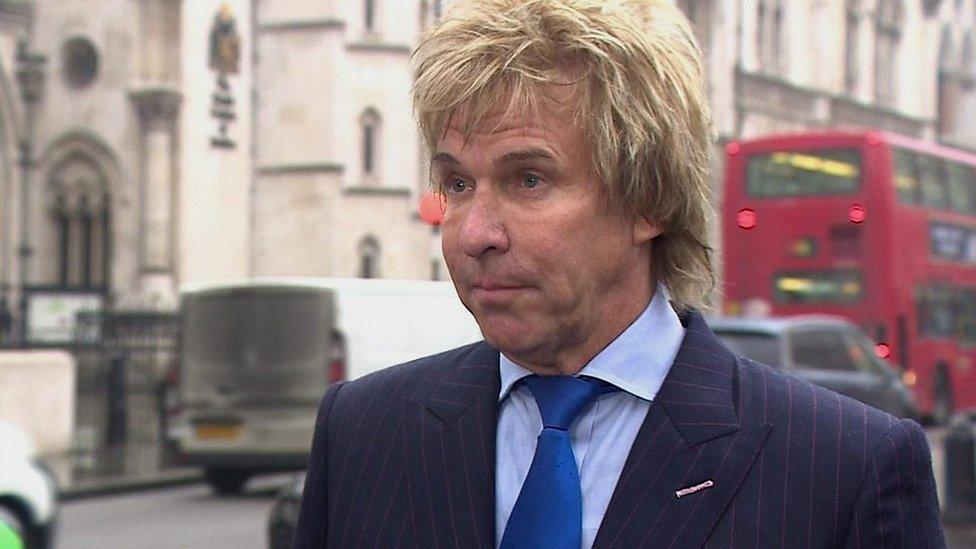
- Published10 February 2017
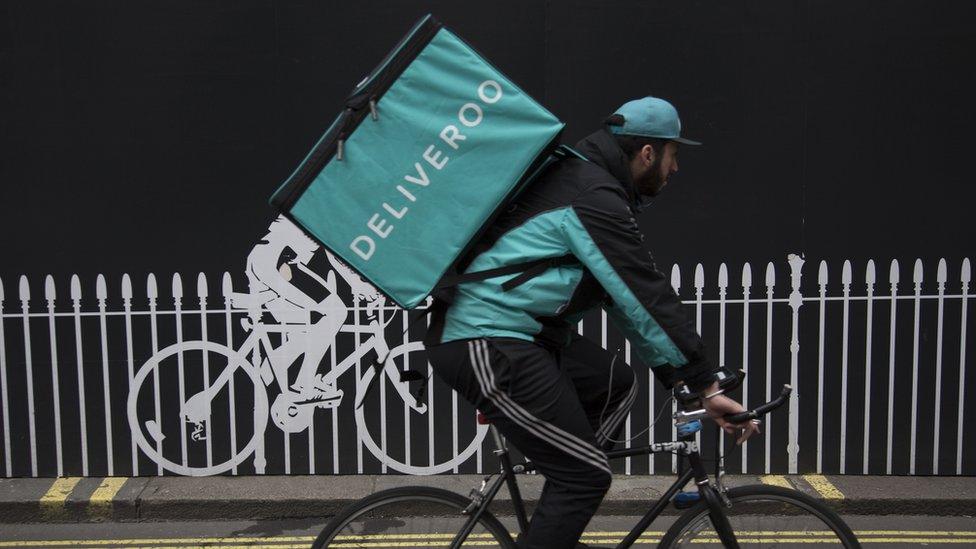
- Published30 November 2016
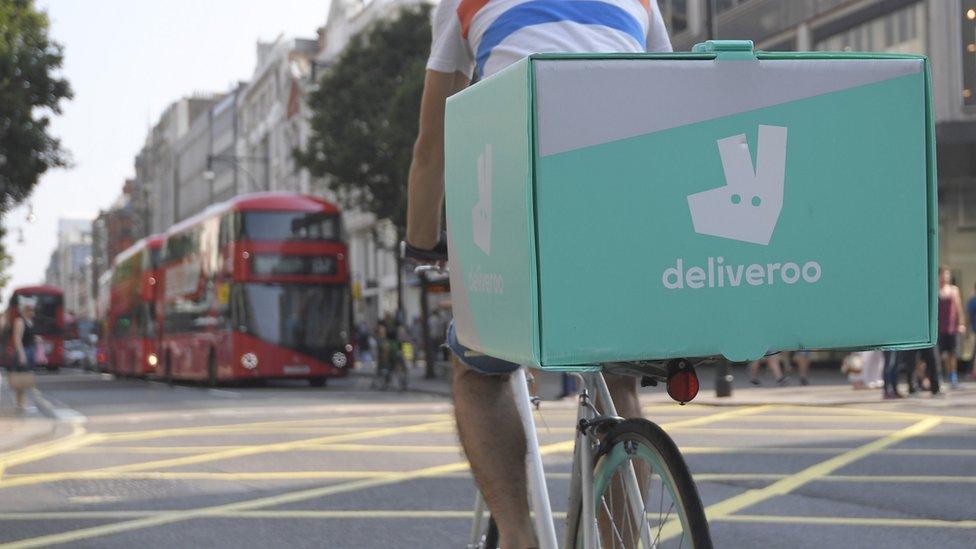
- Published30 January 2017

- Published7 January 2017
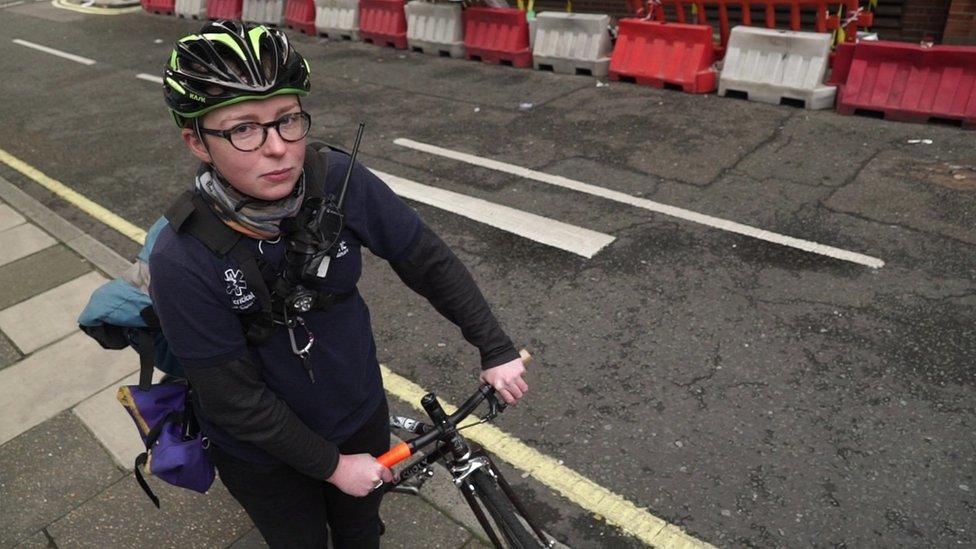
- Published20 May 2016
